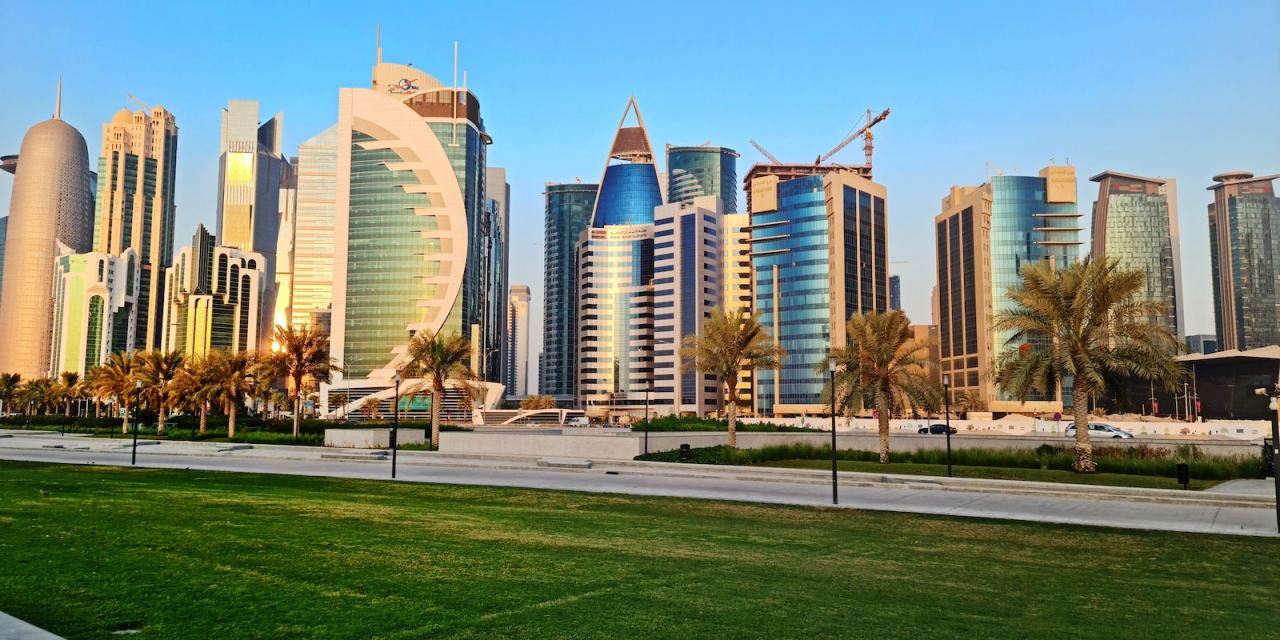VIEWPOINT
Ooredoo is the leading telecoms company in Qatar, delivering mobile, fixed, broadband internet and corporate managed services to over 100 million consumers and businesses in the Middle East, North Africa, and Southeast Asia. In 2022, the company reported revenues of $6.2 billion.
Total Telecom’s James had the pleasure of speaking to Günther Ottendorfer, Chief Technology & Infrastructure Officer of Ooredoo Qatar, to discuss the company’s pioneering role in the nation’s fibre rollout.
At Ooredoo’s Qatari Head office, Ottendorfer sheds light on their fibre project, a key component of the Qatar National Vision 2030. This ambitious plan aims to transform Qatar into a leading digital economy with robust connectivity as its foundation.
In 2009, Ooredoo initiated the project with pilot rollouts in two areas. Since then, the project has expanded in phases, now reaching over 99.9% of Qatari households. This extensive coverage is a testament to the company’s commitment to upgrading the national network.
The COVID-19 pandemic brought unprecedented challenges, with traffic on the network surging by 35% almost overnight, which hasn’t decreased since. This was contributed to by the increase in applications such as Zoom and Teams, which were used to virtually connect society, and are still used in millions of homes and businesses—helped by new initiatives like working from home, which Ooredoo themselves have implemented.
To manage this increased demand and maintain high service levels, Ooredoo relied on strong partnerships, notably with Huawei, and a robust network architecture. By having two independent networks, Ooredoo can reach important aggregation points from two sides all the time, which allows them to keep availability high.
They also have increased capacity at points where it is needed to provide seamless connectivity everywhere, such as special events. For example, at major sporting events held in Qatar last year, Ooredoo connected each stadium with two, sometimes three routes, which provided a secure network for mobile and fixed services for TV and broadcasting. The whole event was a huge success as the network was able to easily handle the sheer load of increased traffic demands.
Qatar is in the global top 20 when it comes to fixed speeds and are usually in the top 3 in mobile speeds, highlighting the excellence of the country’s infrastructure, which Ooredoo are continuing to develop.
A key element of progression for Ooredoo is to use the power of automation to its advantage. They were one of the world’s first providers to develop a 100% automated provisioning process, enabling the company to connect customers quickly and accurately, providing a slicker service to consumers and businesses. Today, the company has more than 400 complex business services that are all 100% provisioned automatically, which include Apple TV and Ooredoo TV.
Qatar is an incredibly modern and developed nation in which to be provisioning services. In Lusail, one of the country’s smart cities, Ooredoo has extensively deployed fibre and supported multiple smart projects.
Looking ahead to the future, Ooredoo have introduced two further innovations for their customers that they’ve seen positive acceptance of—firstly, fibre-to-the-room (FTTR). Through their partnership with Huawei, Ooredoo can supply FTTR, bringing customers higher speeds and reliability in our increasingly connected world. Customers need more than fibre-to-the-home; they need strong connections in every room. Secondly, introducing speeds of 50Gb/second will open a new area of possibilities for customers, furthering Qatar’s National Vision, and its digital transformation.
Keep up to date with international telecoms news by subscribing to the Total Telecom daily newsletter – subscribe here.

















